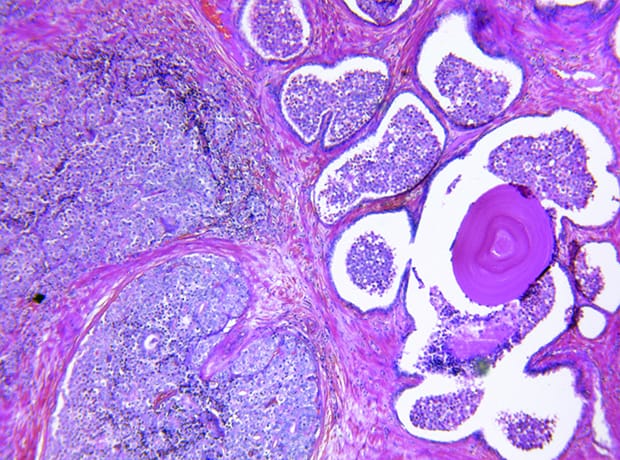Strand Therapeutics, a Massachusetts Institute of Technology (MIT) spinout, has developed a new class of advanced mRNA molecules for more targeted and powerful treatments for cancer.
The new class of mRNA molecules is designed to sense what type of cells they encounter in the body and express therapeutic proteins once they have entered diseased cells.
Most next-generation cancer immunotherapies are based on recombinant proteins, which are challenging to deliver to specific targets in the body and do not remain active for long enough to create a durable response.
Strand has developed the world’s first mRNA programming language to improve mRNA molecules’ ability to sense their environment and generate targeted responses where needed most, allowing the company to specify the tissues its mRNAs express proteins in.
In addition, the company uses techniques such as mRNA self-replication, to create more durable protein expressions and immune responses.
Set to begin its first clinical trial in April 2024, Strand will be testing a proprietary, self-replicating mRNA molecule’s ability to express immune signals directly from solid tumours, including melanoma and triple-negative breast cancer, to elicit the immune system to attack and eradicate the tumour cells directly.
“It’s about finding ways to deal with the signal-to-noise ratio, the signal being expression in the target tissue and the noise being expression in the nontarget tissue,” explained Jacob Becraft, chief executive officer, Strand.
The company is also actively developing mRNA therapies that could be used to treat blood cancers and plans to partner with pharmaceutical companies, as well as investors, to continue developing drugs across a broad range of diseases.
Becraft added: “Our technology amplifies the signal to express more proteins for longer while at the same time effectively eliminating the mRNA’s off-target expression.”
“The bigger our cell-type-specific datasets become, the better we are at differentiating cell types, which makes these molecules so targeted we can have a higher level of safety at higher doses and create stronger treatments,” he said.










